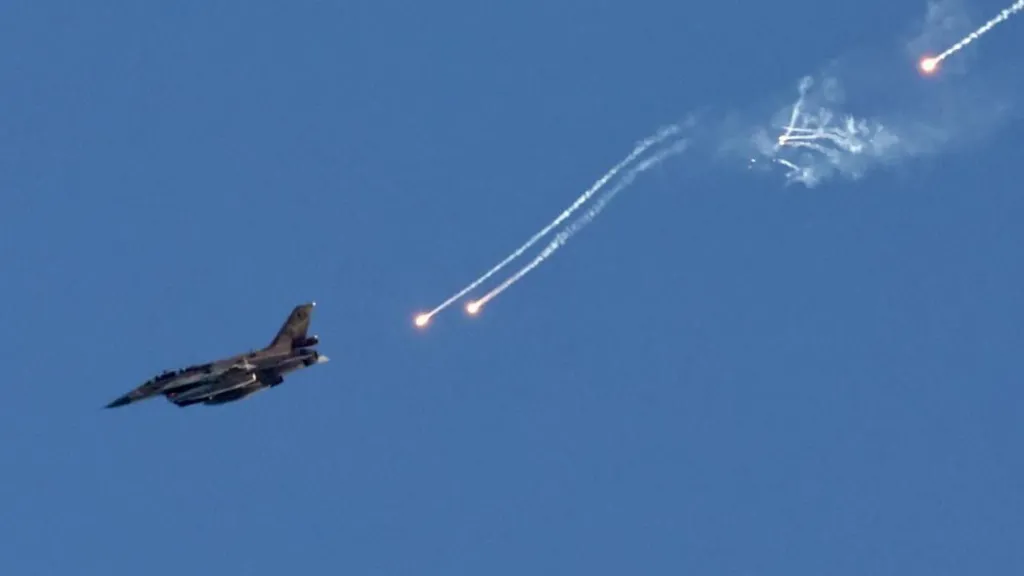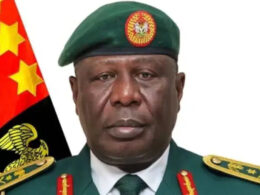Regional fears are mounting as Israel and Hezbollah engage in their most intense exchange of strikes since their full-scale war in 2006.
This morning, Israel launched a massive pre-emptive airstrike, deploying around 100 fighter jets to target Hezbollah positions across southern Lebanon. According to the Israeli military, these strikes were a preemptive move against a planned large-scale attack by Hezbollah, scheduled for just half an hour later.
If confirmed, the scale of this operation would mark the largest Israeli assault on Lebanon since 2006. The strikes, which occurred at 04:30 local time (01:30 GMT), were reportedly aimed at thwarting a potential rocket attack on Tel Aviv, Israel’s largest city.
In response, Hezbollah fired more than 300 rockets and missiles into northern Israel, targeting military facilities. Air raid sirens blared across northern Israel, signaling the gravity of the situation. While the damage and casualties from this exchange appear to be limited, the escalation has raised fears of a broader conflict.

Hezbollah has declared that this is merely the first phase of its retaliation for the assassination of its senior commander, Fouad Shukr, in Beirut on July 30. The assassination, widely believed to have been carried out by Israel, followed the killing of Hamas political leader Ismail Haniyeh in Tehran the next day.
Diplomats across the region have been working tirelessly to prevent the Gaza conflict from spiraling into a wider regional war. The United States has warned that the failure to reach a ceasefire agreement between Israel and Hamas could derail these efforts. However, nearly a year into the war in Gaza, diplomatic talks have stalled, leaving the situation dangerously unresolved.

Israel has expressed readiness to engage in a two-front war, in Gaza and on its northern border with Lebanon. But Hezbollah is a significantly more formidable adversary than Hamas, with an estimated arsenal of 150,000 rockets and battle-hardened fighters.
As the conflict intensifies, there are growing concerns about whether Israel has the resolve for another prolonged war. While many Israelis, especially those in the north, believe Hezbollah must be confronted, the strain on the nation is palpable. The conflict has displaced tens of thousands on both sides of the border, with livelihoods lost and communities disrupted.I
For now, Hezbollah has concluded the first phase of its retaliation, and the immediate question is whether this exchange will return to a tense but routine “tit for tat” or escalate into full-scale war. Both Israel and Hezbollah have stated they do not seek another war, but both sides are prepared for it.










Join our Channel...